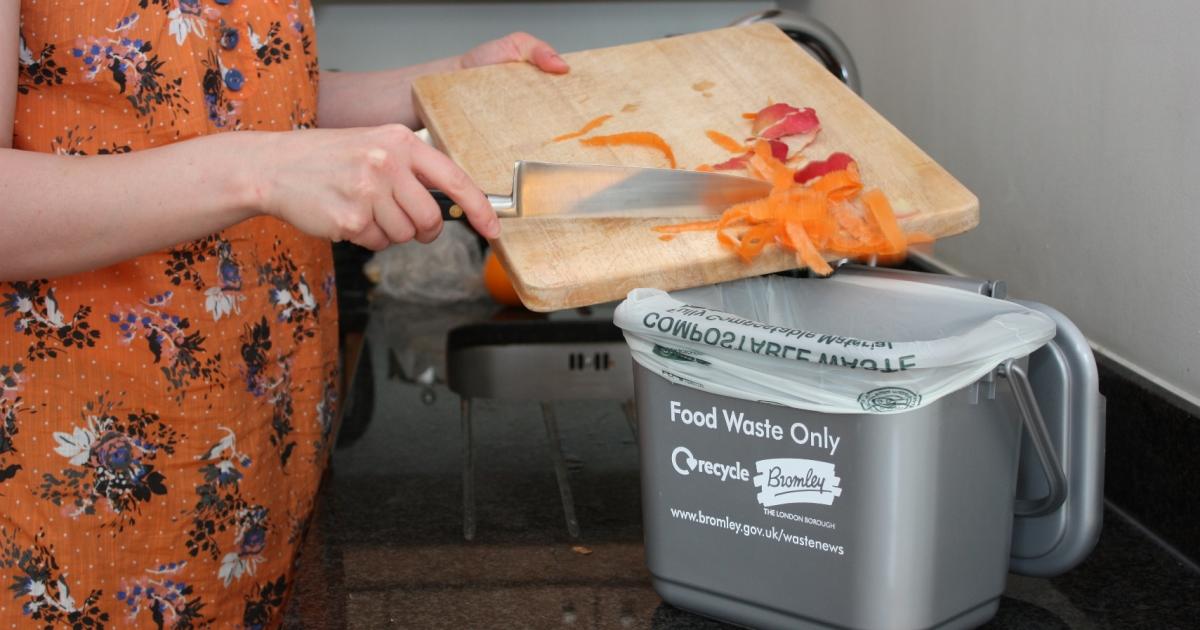Hampshire County Council has announced that, from April 2026, residents will be able to recycle some of their household food waste.
The council estimates that 30,000 to 50,000 tonnes of food waste will be collected from Hampshire households.
This will be recycled through anaerobic digestion, a process where bacteria break down organic matter to produce valuable by-products such as renewable gas and organic fertiliser.
Plans for food waste to be recycled have been approved.
Currently, food waste collections are operated by Eastleigh Borough Council, Rushmoor Borough Council and Portsmouth City Council, with New Forest District Council phasing in this service.
The recycling plans go hand-in-hand with the Government’s Simpler Recycling guidance, requiring all waste collection authorities, including district and borough councils, as well as the unitary authorities of Portsmouth and Southampton, to provide weekly kerbside food waste collections by April 2026.
This forms part of a broader package of changes aimed at creating a consistent and streamlined recycling approach across England.
To prevent food waste in households, residents are encouraged to visit Hampshire County Council‘s Smart Living and Kitchen Food Heroes webpages for practical tips and advice on reducing food waste.
Cllr Kirsty North, the county council’s cabinet lead member for universal services, said: “I’m pleased to confirm arrangements to support the expansion of a kerbside food waste service, which will play an important role in boosting our county’s overall recycling rates.
“This follows my approval of plans to build a £50m facility in Eastleigh to enable residents to recycle a much wider range of plastics, including pots, tubs, trays, cartons, and soft plastic film for the first time, as we overhaul our approach to waste in Hampshire.
“The introduction of separate food waste collections from every Hampshire household will ensure that food waste can be sent to anaerobic digestion facilities and used to create new products rather than lost to disposal.
“It will also help keep contamination of dry waste materials down.
It is estimated that, on average, a quarter of the waste put in household bins is food that could have been eaten.
Further details on the council’s decision to introduce the kerbside food waste service can be found on the county council’s website.
